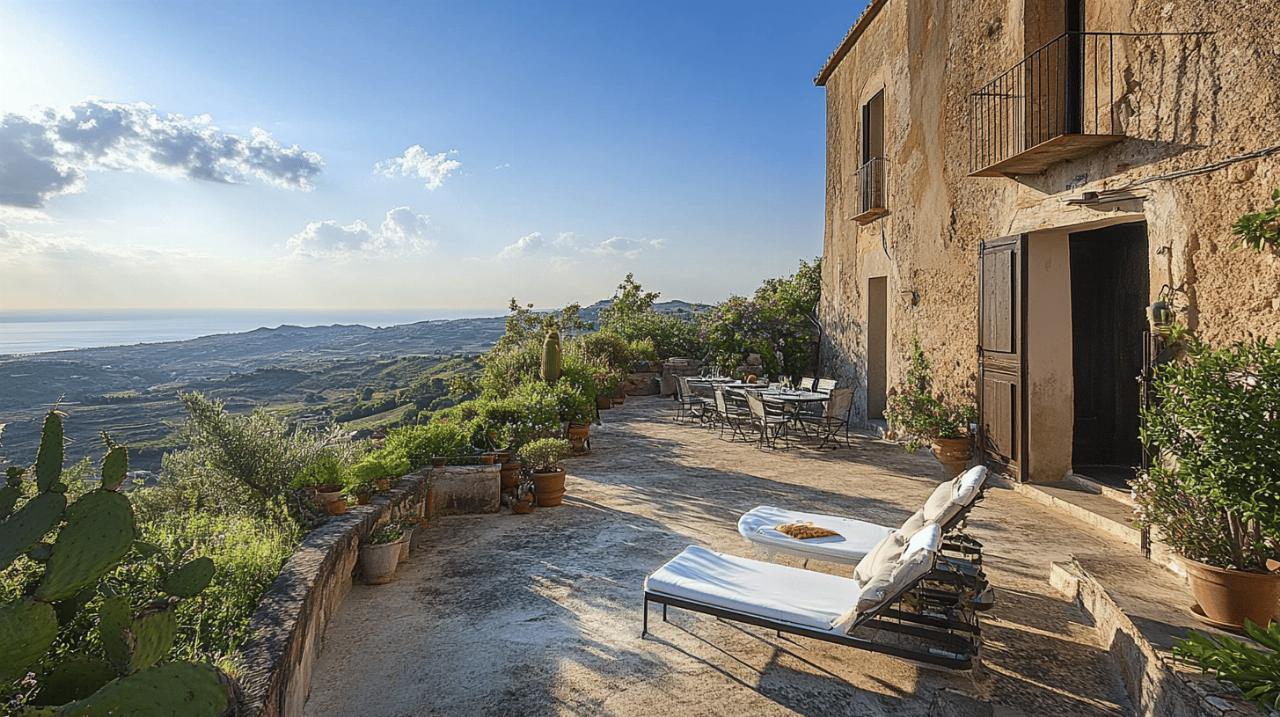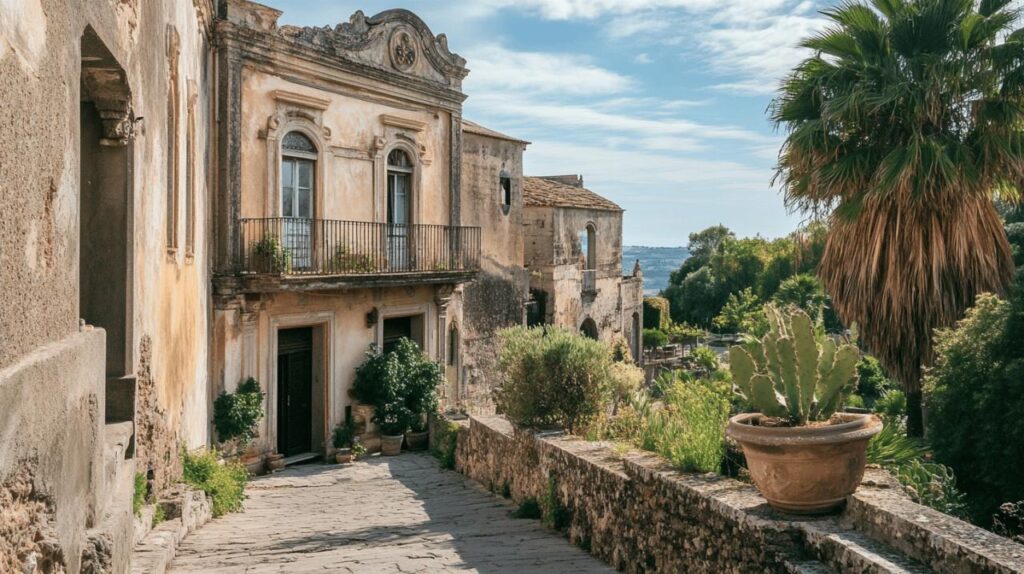Finding hidden gems in sicilian accommodation
When planning your Sicilian adventure, accommodation choices can significantly influence how deeply you connect with this Mediterranean gem. Beyond standard hotels, Sicily offers a rich tapestry of unique lodging options that provide genuine immersion into island life. Case Colomba represents this authentic approach to Sicilian hospitality, offering comfort amidst nature while preserving the true essence of the island experience. These special accommodations serve as gateways to understanding Sicily’s distinctive character, providing more than just a place to sleep—they offer a cultural experience in themselves.
Boutique hotels nestled in historic centres
The historic centres of Sicily’s towns, from Taormina perched dramatically on clifftops overlooking the Ionian Sea to the UNESCO-listed Baroque splendours of Noto and Modica, house some of the most characterful boutique hotels on the island. These intimate establishments often occupy lovingly restored historic buildings, where contemporary comforts blend seamlessly with architectural details dating back centuries. Staying in Taormina’s historic centre places you within walking distance of its ancient Greek theatre, buzzing Corso Umberto, and panoramic terraces offering views of Mount Etna. The owners of these small hotels typically provide personalised recommendations that guidebooks miss, directing you to their favourite local restaurants serving authentic Sicilian cuisine or hidden viewpoints known only to residents.
Family-run agriturismos showcasing rural traditions
For a more rustic yet equally rewarding experience, Sicily’s countryside offers numerous agriturismos—working farms that welcome guests. These rural retreats allow visitors to wake to the authentic rhythms of Sicilian agricultural life, often surrounded by olive groves, citrus orchards, or vineyards producing local wines like robust Nero d’Avola or crisp Grillo. Meals at agriturismos typically feature ingredients harvested that very day, transformed into traditional dishes like pasta alla Norma or fresh seafood caught by local fishermen. Many agriturismos offer activities that connect guests with rural traditions, from seasonal grape or olive harvests to cooking classes where you can master the art of crafting perfect arancini. The hosts at these establishments often represent multiple generations of the same family, eager to share stories that illuminate Sicily’s complex cultural heritage.

Immersing yourself in local sicilian culture
Authentic accommodation provides just the beginning of your Sicilian cultural immersion. To truly understand this island’s unique character, you must step outside and engage with its vibrant communities. Sicily’s complex history—influenced by Greek, Roman, Arab, Norman, and Spanish civilisations—has created a cultural mosaic unlike anywhere else in Italy. Exploring beyond tourist hotspots rewards visitors with encounters that reveal Sicily’s soul, from impromptu conversations with locals in village squares to discovering family-run workshops where traditional crafts continue to thrive. The island operates on its own distinctive tempo, with afternoon siestas still observed in many areas and evenings stretching long into the night with multigenerational families strolling together during the traditional passeggiata.
Participating in seasonal festivals and celebrations
Sicily’s calendar brims with festivals that provide windows into local traditions, many dating back centuries. Spring brings vibrant Easter processions through narrow streets, while summer sees patron saint celebrations in virtually every town, featuring elaborate processions, music, street food, and fireworks. Autumn heralds harvest festivals celebrating everything from pistachios in Bronte to wine in the foothills of Mount Etna. These events rarely feature in mainstream tourist itineraries but offer profound insights into Sicilian identity. Visiting during less crowded spring months like April and May or autumn months like September and October not only provides ideal temperatures but increases your chances of experiencing these authentic celebrations alongside locals rather than other tourists. Even in small villages, festivals transform quiet streets into vibrant expressions of community spirit, with grandmothers, children, and everyone in between participating in age-old traditions.
Learning traditional crafts from island artisans
Throughout Sicily, dedicated artisans preserve crafting traditions that have defined the island for generations. In Syracuse, you might discover workshops where papyrus is still made using ancient techniques brought from Egypt thousands of years ago. Ceramic traditions flourish in towns like Caltagirone, where colourfully decorated pottery reflects Arab influences. Puppetry remains vital in Palermo, where skilled puppeteers continue the tradition of Opera dei Pupi—Sicilian marionette theatre recognised by UNESCO. Many artisans welcome visitors into their workshops, offering the opportunity to try your hand at these traditional skills or simply observe masters at work. These interactions provide meaningful souvenirs beyond physical objects—memories of connections with people passionate about preserving their cultural heritage. Through these encounters, visitors gain appreciation for the knowledge and skill passed through generations, creating a deeper understanding of Sicily’s artistic soul.

